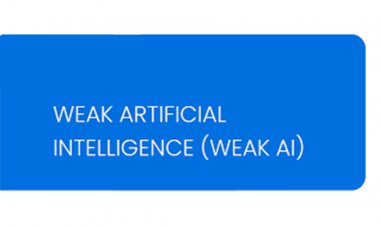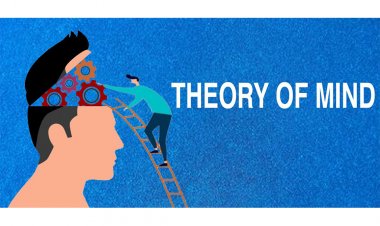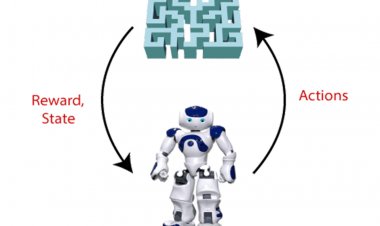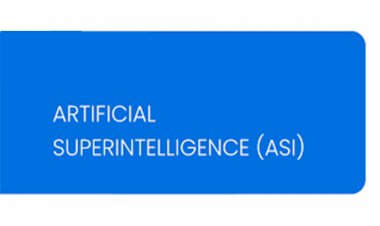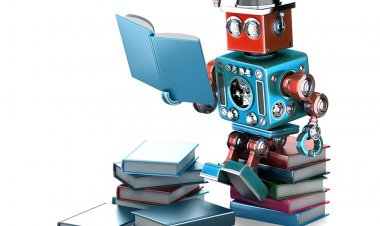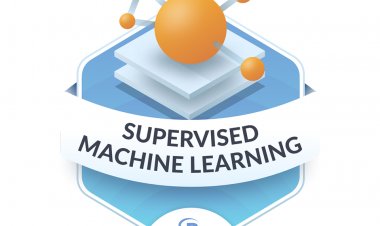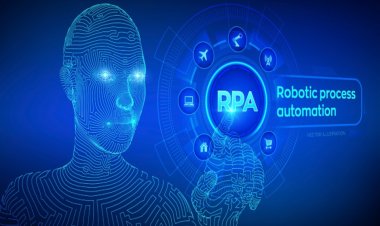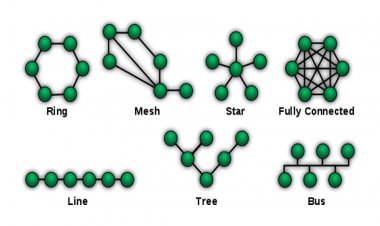AI in Search Engine
Artificial intelligence (AI) is a technology that learns from user data to produce the most accurate and relevant search results utilizing AI-powered search engines. AI in search engine help is used to determine a user's interest in certain content.
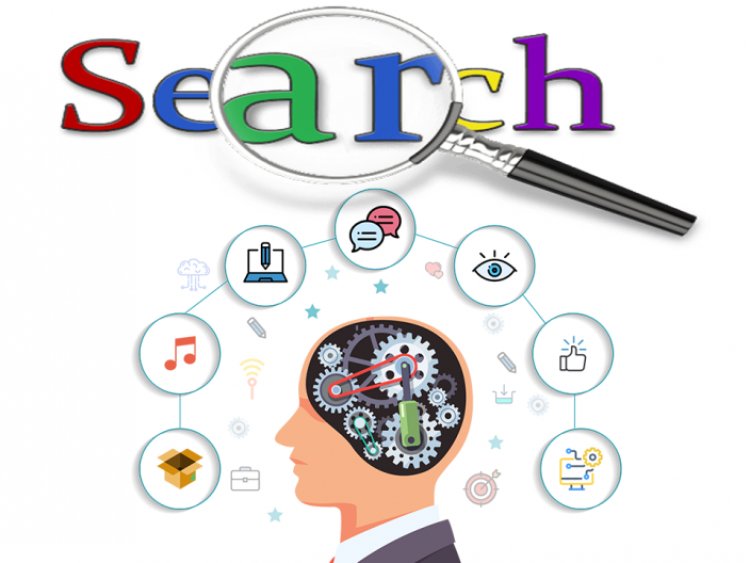
Introduction:
AI is the discipline of computing in which we educate a machine to think and act likes a person using algorithms. Because a search engine is a computer application, it cannot understand human language. We employ AI in the search engine to overcome this. AI enables the search engine to comprehend what the user wants from it based on key terms that the user types or enters into the search engine. To understand how AI works in search engines, you must first comprehend the two terms listed below:
- Artificial Intelligence
- Search engine
What is the meaning of Artificial Intelligence?
The phrase Artificial Intelligence consists of the two words
- Artificial
- Intelligence
The term "artificial" refers to something created by people rather than something natural.
"Intelligence" is defined as "the capacity to acquire and use information and skills."
What is the meaning of a Search Engines?
A software or application that searches for and identifies objects in a database based on keywords or characters input by the user.
For example, you may conduct several searches on www.google.com. As seen in the diagram, there are several types of search engines.
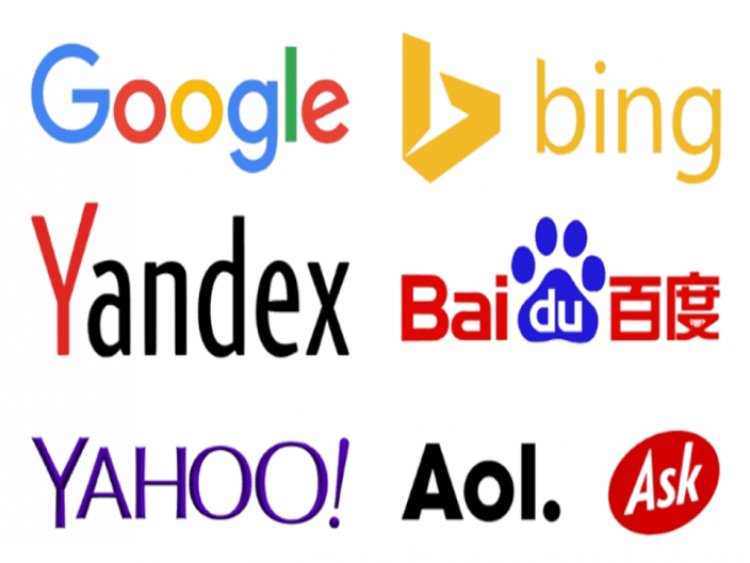
Why do we use AI in search engines?
The application of AI in search engines enables the engine to comprehend written user phrases. Following comprehension, the search engine is able to translate such searches into results. AI also assists the search engine in recognizing the images that must be shown in relation to your inputted key terms.
What is the purpose of an Intelligent Search engine?
The artificial intelligence (AI) in the search engine makes it intelligent. It enables the search engine to swiftly and readily locate results relating to the user's or customer's search.
What is the history of search engines?
A University of Washington research looked at Yandex, the world's fourth-largest search engine, and discovered that it has some significant NLP (Natural Language Processing) and machine learning applications.
Yandex engineers discovered that they could leverage all of their users' prior searches to optimize future results. They have grown as a result of the creation of these personalized search results.
How do search engines use AI?
Search rankings
The search engine uses AI to rank web pages, videos, and other information in search results.[1]
Understanding search queries
To deliver the best result and present the correct material linked to the user's search, the search engine must be able to comprehend the human language. As we all know, a search engine is a computer application. How does it comprehend human language?
That's a textbook example of NLP (Natural Language Processing) a branch of artificial intelligence dedicated to training computers to understand our written language.NLP is being used by both Microsoft and Google to better comprehend its users.
Google has made considerable strides in understanding search queries. Because of its pre-trained language model, BERT, the company's search engine now recognizes whole sentences. This means that BERT can understand the context of a search rather than simply the phrases in it.[1]
What is BERT?
BERT is designed to assist computers in understanding the meaning of ambiguous or complex words in the text by leveraging surrounding material to construct the context. The BERT framework was previously trained using Wikipedia text and maybe tweaked using question and answer datasets.
Quality control
Previously, certain SEO "specialists" exhausted the system with sheltering tactics known as "black hat SEO strategies." Include aggressive keyword stuffing, cloaking, invisible content, and so forth. Of course, the pages at the top of their rankings weren't always the greatest quality information; this was bad for search engines.
They havw improved their algorithms with the aid of AI to distinguish high-quality material from low-quality spam.[2]e no
Voice search and image search
AI technologies such as natural language processing (NLP) have improved to the point where they can interpret human speech in real-time, such as when using Google Assistant. These artificial intelligence-powered devices can comprehend your words and transform them into search results. The same is true with photos. AI returns appropriate search results based on the term you supplied.
What are the advantages of AI in Search engines?
- The search engine has become smarter.
- Quality Assurance
- Develop Complicated Ranking Algorithms
- NLP Aids in Understanding Search Queries Image Analysis Aids in Understanding Photos Targeting And Ad Quality Improvements
Conclusion:
Because of artificial intelligence, search engines can now act as if they were people. The user will develop confidence in the search engine if it knows what the user wants and returns relevant results. The prior search engine must be used again the next time the user needs to seek something. All of this will be made feasible by artificial intelligence.
- Kaput, M. How Search Engines Use AI. October 26th, 2021; Available from: https://www.marketingaiinstitute.com/blog/how-search-engines-use-artificial-intelligence.
- Nick, E. How Artificial Intelligence Is Powering Search Engines. October 6, 2021; Available from: https://www.datasciencecentral.com/profiles/blogs/how-artificial-intelligence-is-powering-search-engines.

 admin
admin 






